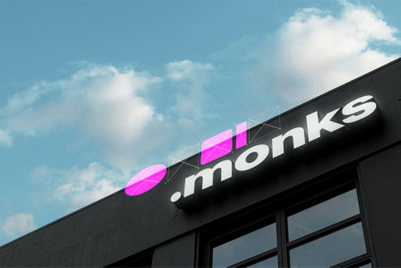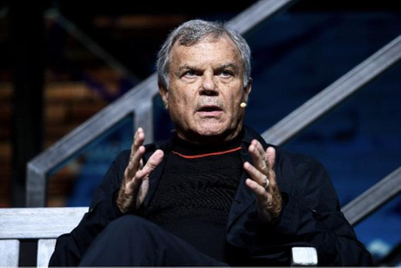
S4 Capital’s Monks has hired Linda Cronin as EVP and head of media, effective July 15, the agency exclusively shared with Campaign US.
Cronin assumes some responsibilities held by Chris Martin,who cofounded DataMonks (previously MightyHive) and now serves as an external advisor. She will oversee Monks’ global media strategy and leverage the agency’s partnerships with tech companies to embed AI into its media capabilities.
Her other responsibilities include leading paid media investments and using insights from Monks’ performance and activation practices to build custom media plans for new and existing clients.
Melissa Wisehart previously led media as chief media officer until October when she departed for Omnicom’s PHD. Cronin’s remit will differ as she focuses on utilising the agency’s marketing workflow automation platform, MonksFlow.
Cronin reports to Bruno Lambertini, co-CEO of marketing services. Eight employees report directly to her while she broadly oversees a team of around 500 people.
She previously spent seven years with Interpublic Group’s Initiative, most recently as global managing partner since March 2022. She also served as an SVP at Dentsu’s Carat USA between June 2014 and May 2017.
Initiative declined to comment on its plans to fill Cronin’s role.
Cronin pointed to case studies for Monks’ work with Hatch and Forever21 as examples of work she aims to lead the team to produce, despite not working on those campaigns herself.
At the end of May, Monks combined MonksFlow with Google Gemini to create a campaign for Hatch’s smart alarm clock. The agency used generative AI to conceptualise a strategy and automate creative asset production and audience segmentation, halving production time and reducing cost of acquisition by 31% while increasing click-through rates by 78% and on-site engagement by 46%.
“AI is going to be infused in what we do here, and the idea is to test and learn now so that while others are still figuring out their vision, we’re getting learnings and applying,” Cronin said.
In July, Monks rebranded and consolidated its capabilities into two practices: Marketing services and technology services. Media will sit in the former, but Cronin will work closely with the technology services group as her team leverages the agency’s AI platform.
The irony of Cronin being Monks’ first major hire since it rebranded to avoid overemphasising its media capabilities wasn’t lost on Wesley ter Haar, co-CEO of the agency’s marketing services.
“If Linda has big plans, we might need to rename to MediaMonks again,” he joked.
Monks removed media from its name because it struggled to explain the breadth of its services to non-traditional clients at tech companies, he explained.
“About 25% of our business now sits in that space … and we were just running into the question, ‘Why would I trust a media company with my technology stack?’” he said.
In Cannes, he told Campaign that he expects media buying to be one of the first disciplines to be replaced by AI.
By hiring Cronin, the agency wanted to show that it isn’t abandoning its media capabilities, which have been additive but not core to its business lately, but is trying to adapt them for the AI age.
“There’s such a moment of disruption in the space that we want to have a really clear go-to-market strategy with equally strong and clear leadership behind it,” ter Haar said.
Cronin also acknowledged a shift in media professionals’ job responsibilities thanks to AI.
“Media has been using AI for decades with programmatic buying,” Cronin said. “During that time, there was a lot of fear from media buyers about not having a job … we’re at the same apex when we talk about gen AI due to things like AI search.”
However, as Monks leans into AI, new research from Gartner suggests that 30% of businesses are likely to abandon their generative AI projects after reaching proof of concept by the end of 2025 due to poor data quality and unclear business value coupled with high costs.
Cronin said stats like this underscore the importance of continuing to produce case studies and results to prove to clients the value of generative AI.
“Not every test is going to be fruitful,” she said. “The question is, what learnings are you yielding from it? How are you setting it up so that if it’s a perceived failure, you’re not failing, because you just learned what didn’t work?”
In March, S4 Capital reported a Q1 revenue decrease of 11.7% year-over-year due to reduced activity from tech clients. Earlier this year, General Motors tasked Monks with creating customised content at scale using AI.


.jpg&h=334&w=500&q=100&v=20250320&c=1)
.jpg&h=334&w=500&q=100&v=20250320&c=1)
.jpg&h=334&w=500&q=100&v=20250320&c=1)




.png&h=334&w=500&q=100&v=20250320&c=1)








.png&h=268&w=401&q=100&v=20250320&c=1)
